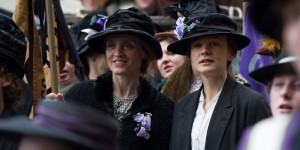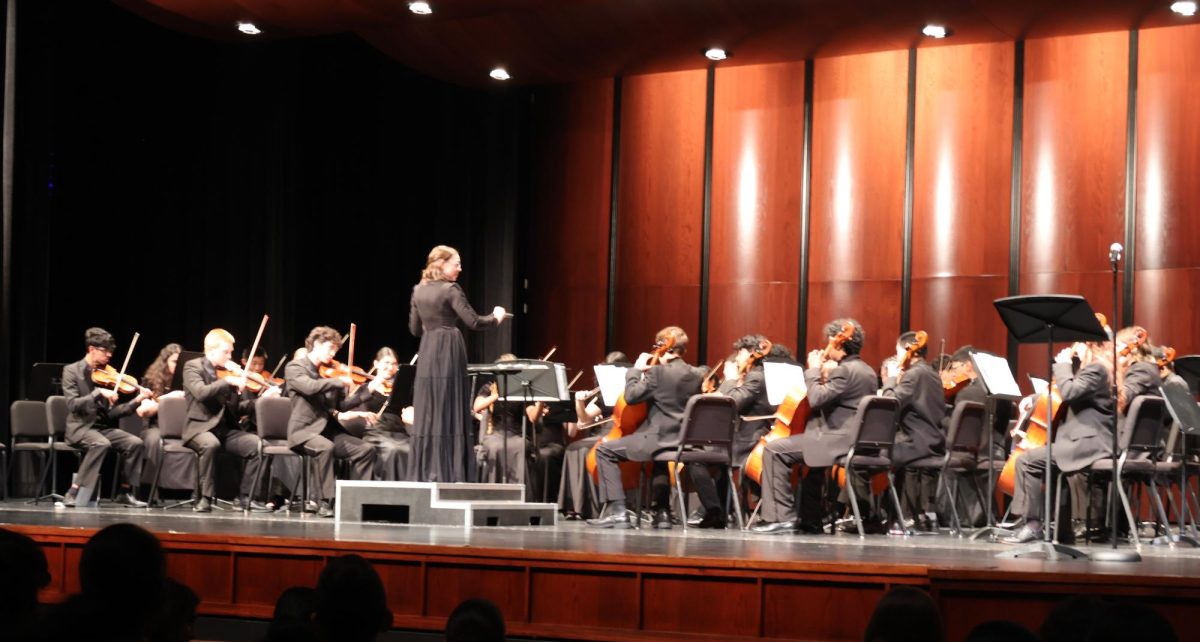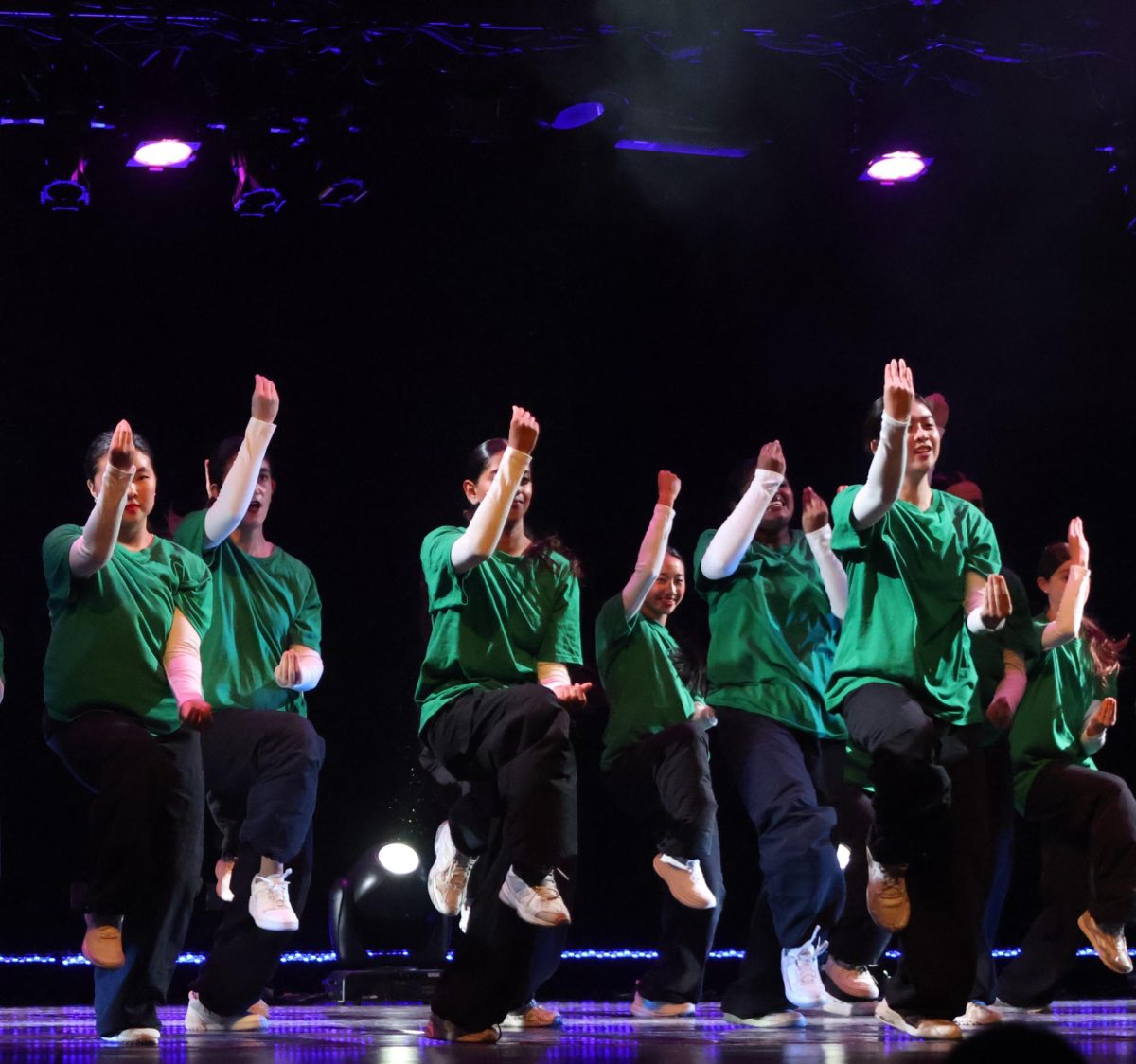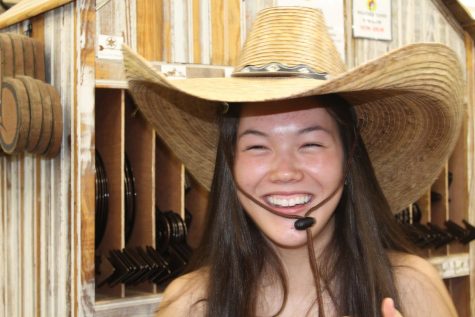 This past November, a movie came out telling the story of the suffragette. The cast features Academy Award nominees Carey Mulligan, Helena Bonham Carter, and three-time Academy Award winner Meryl Streep, and is directed by Sarah Gavron. It has a 71% rating on Rotten Tomatoes and the critic’s consensus is that “Suffragette dramatizes an important — and still painfully relevant — fact-based story with more than enough craft and sincerity to overcome its flaws.” Suffragette is having a limited release in the US. You can view the trailer here.
This past November, a movie came out telling the story of the suffragette. The cast features Academy Award nominees Carey Mulligan, Helena Bonham Carter, and three-time Academy Award winner Meryl Streep, and is directed by Sarah Gavron. It has a 71% rating on Rotten Tomatoes and the critic’s consensus is that “Suffragette dramatizes an important — and still painfully relevant — fact-based story with more than enough craft and sincerity to overcome its flaws.” Suffragette is having a limited release in the US. You can view the trailer here.
On June 4, 1913, the Epsom Derby was held at the Epsom Race Course. Thousands were in attendance. The most advanced cameras were there to capture the winning horses, but they also unintentionally helped women’s suffrage in Great Britain gain a voice.
Emily Davison had been an activist for the Suffragettes, the group of women dedicated to suffrage for women in Great Britain. She had been arrested many times for her protests and even went on a hunger strike in Strangeways Prison.
In some of the prisons, women were treated with brutality. Many attempted to go on hunger strikes, but were force fed. Miss Davidson spent six months in Holloway Prison in 1912, where she came up with the idea to jump off a prison balcony to end her fellow Suffragists’ torture.
“The idea in my mind was that one big tragedy may save many others,” Davison said.
What Miss Davison is best known for happened during the Epsom Derby on June 4, 1913 on the Epsom Race Course. Thousands were attending. The most advanced cameras were there to capture the winning horses, and unintentionally helped women suffrage in Great Britain gain a voice. Ms. Davison walked out onto the track during the race carrying two suffrage flags. She was trampled by a horse, Anmer, and died from her injuries four days later.
There has been much controversy as to what the intentions of Davison’s actions were, but recent digital technology has found that Davison hadn’t intended to die on that track, and that she had attempted to strap a women’s suffrage flag to the horse.
In 1918, women gained equal voting rights in Great Britain. That was seven years after Davison’s death.







